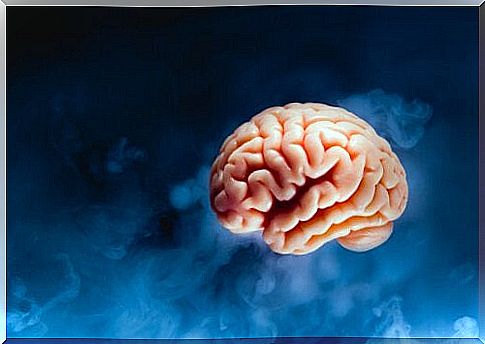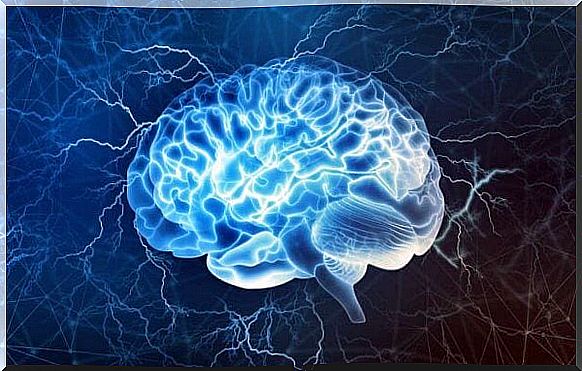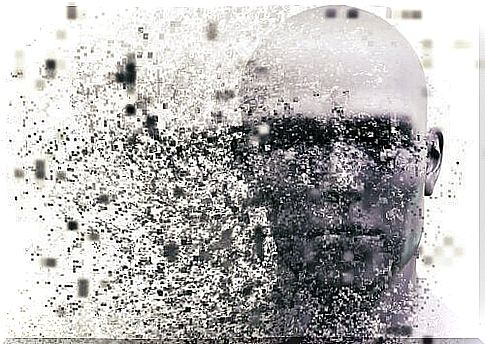Brain Tsunami: What Happens In The Brain Before You Die?

A team of neurologists at Hospital Charité Universitätsmedizin Berlin (Germany) and the University of Cincinnati (USA) has made one of the biggest neurological discoveries of the year. Just before you die, the brain creates a large wave of electrical activity. They call this phenomenon a “brain tsunami”. Once the storm is over, death is inevitable.
But this groundbreaking study – called ” Terminal spreading depolarization and electrical silence in death of human cerebral cortex” – published in the journal Annals of Neurology, actually made two major discoveries.
First , they found that our consciousness can remain active longer than the rest of the body. Furthermore, they found that this delay comes with a higher chance of reversing the brain’s death process during these few minutes of active mind and inactive body.
The German and American teams used nine patients. They came from Germany (Berlin) and the United States (Cincinnati), and all suffered helpless brain damage from traffic accidents, strokes or heart attacks.
That is why doctors and researchers have been ordered not to resuscitate these patients. For this, however, they had to get approval from the patients’ relatives.

They wanted to study brain activity, so they placed electrodes on the surface of the brain. The main goal here was to find out all the things that take place when the brain dies. They also wanted to know what neurological events were taking place at this time.
And you succeeded! They could directly observe this so-called brain tsunami. They witnessed how a wave of electric charges flooded the entire brain, causing irreparable damage. It is the beginning of the end for our brain cells. It is the exact moment when they are shut down forever, leading to an inevitable death.
A brain tsunami can even occur five minutes after your heart stops beating. Therefore, it seems that our nerve cells can continue to function even if we have no pulse. But when the heart stops beating, the nerve cells slowly begin to lose their electrochemical potential. This is a phenomenon that researchers call depolarization of nerve cells.
Why? Because our nerve cells need oxygen to function properly. When they stop receiving this fuel because the blood does not reach the brain, they instead use energy reserves. This is how they can continue to operate for several minutes before being completely turned off.
This slow decrease in potential leads to a series of toxic processes. These eventually lead to necrosis and then to cell death. But just like Dr. Jens Dreier (leader of the study) says: if you can start the blood circulation again, you can reverse the process.
This is why experts concluded that there are common features of brain death in animals and brain death in humans. They also said that there is a period where it is theoretically possible to get the brain to function again.

The brain is one of the least known human organs. But in recent decades, many major steps have been taken, mainly thanks to neuroradiology. This great discovery could “lead to improved procedures for diagnosis and treatment in the future,” says Jens Dreier himself.
According to the Department of Surgery at the University of Miami (USA), brain death is “the irreversible stop of all brain functions.” But right now, researchers are not 100% sure how to diagnose this. It is also not known exactly at what moment you lose consciousness before death.
That is why this research is a big step forward. It can be very helpful in developing strategies for heart attacks and cerebrovascular accidents. The results of this groundbreaking research have given us amazing, hopeful information about the neurobiology of death.









